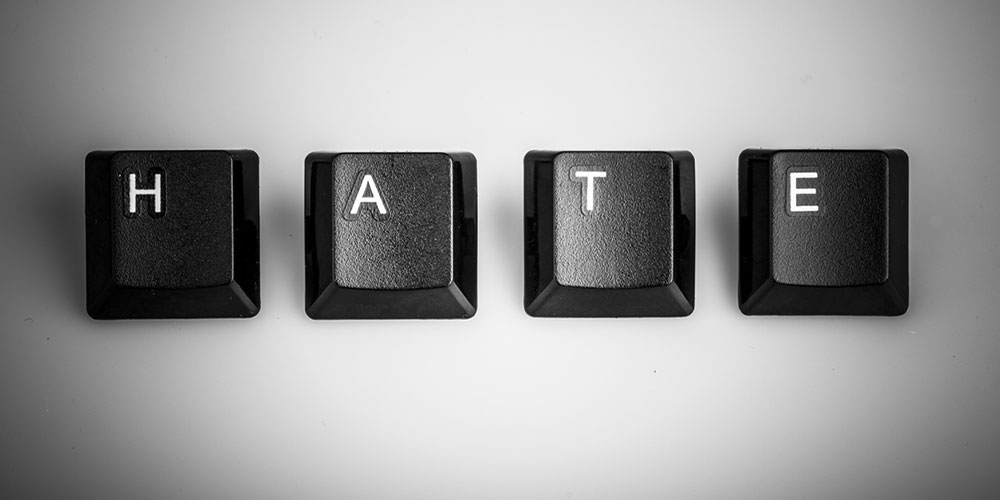The Southern Poverty Law Center (SPLC), a civil rights organization that tracks hate groups, reports that there has been a 30 percent increase in U.S. hate groups over the past four years and a seven percent increase in 2018 alone.
The report labeled 1,020 organizations as hate groups in 2018, the highest in the last 20 years, reports NPR.
The SPCL defines a hate group as an organization that “based on its official statements or principles, the statements of its leaders or activities – has beliefs or practices that attack or malign an entire class of people typically for their race, religion, ethnicity, sexual orientation or gender identity.”
The group’s “hate map” shows where these hate groups are across the U.S., which you can see here.
The center also found that the majority of hate groups in the U.S. are driven by white supremacist ideology, including neo-Nazis. However, they say that black nationalist groups are also “growing their ranks.”
According to the center, black nationalist groups are often anti-Semitic, anti-LGBTQ and anti-white. Unlike white nationalist groups, though, they have little support in politics.
The SPLC blames President Trump, right-wing media outlets and the spread of hate on social media for the increase.
“The numbers tell a striking story — that this president is not simply a polarizing figure but a radicalizing one,” Heidi Beirich, director of the SPLC’s Intelligence Project, said in a statement.
The group has been criticized for over-emphasizing the threat of hate and wrongfully including certain individuals or groups on their lists.
For example, in 2018, SPLC President Richard Cohen made a public apology and paid $3.4 million to British activist Maajid Nawaz. The group put Nawaz on its anti-Muslim extremist list in 2016.
It has been reported that three organizations are also suing the SPLC for including them on the list of hate groups. One group, the Center for Immigration Studies, which some view as being anti-immigration, said the SPLC “attacks us simply because it disagrees with these policy views.”
“We stand by our hate group listings,” Beirich said in response. “I would suggest that people take a look at our extremist files. The Center for Immigration Studies, the group has a history of making racially inflammatory statements associating with white nationalists and circulating the work of racist writers.”













